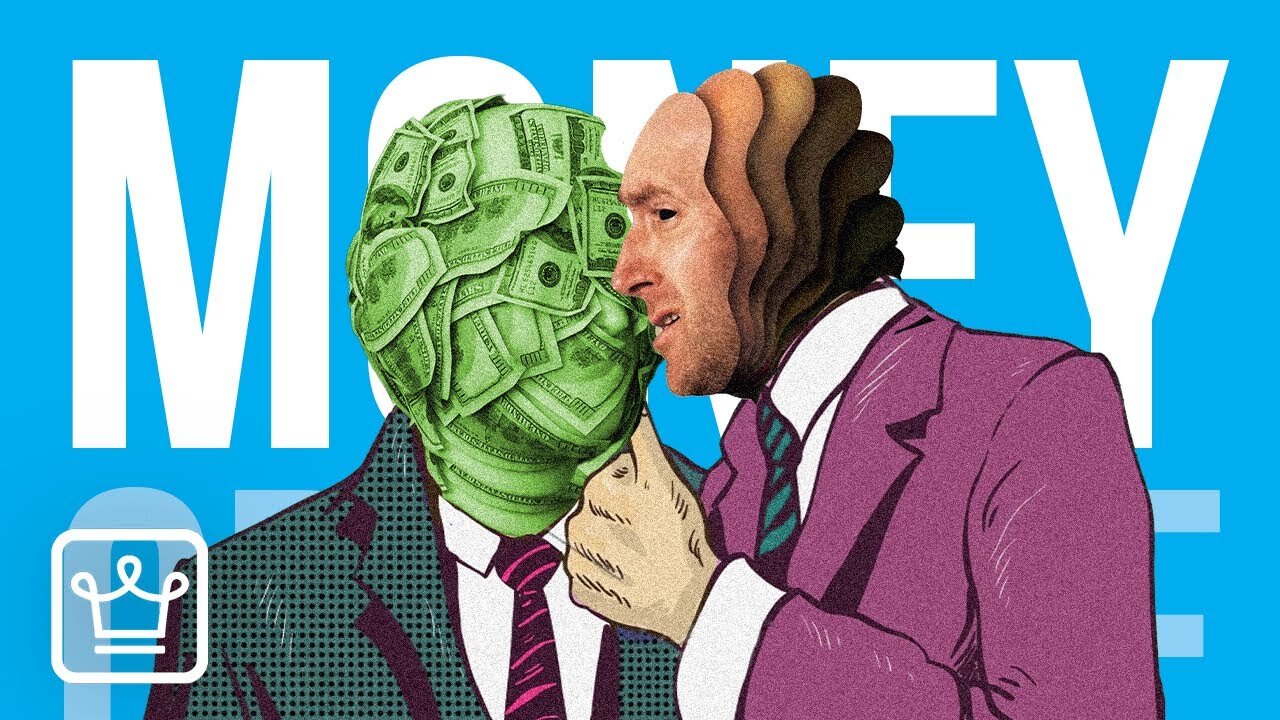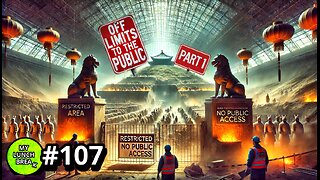Premium Only Content

15 Ways To OPTIMIZE Your MONEY
#bookishears
@bookishears
15 Ways To OPTIMIZE Your MONEY
Create a Budget: Start by tracking your income and expenses. A budget helps you understand where your money is going and allows you to allocate it wisely.
Emergency Fund: Build an emergency fund with at least 3-6 months' worth of living expenses. This provides a financial safety net in case of unexpected events.
Debt Management: Pay off high-interest debts as quickly as possible. Focus on credit cards and loans with the highest interest rates to save on interest costs.
Invest Wisely: Learn about different investment options such as stocks, bonds, and real estate. Diversify your investments to spread risk and potentially earn higher returns.
Retirement Planning: Contribute to retirement accounts like a 401(k) or IRA. Take advantage of employer matching contributions if available.
Automate Savings: Set up automatic transfers from your checking account to your savings or investment accounts. This ensures you save consistently.
Reduce Unnecessary Expenses: Identify and cut out discretionary spending that doesn't align with your financial goals.
Shop Smart: Look for deals, use coupons, and compare prices before making purchases. Consider buying generic brands for everyday items.
Increase Income: Explore opportunities to increase your income, such as freelancing, part-time work, or investing in a side business.
Tax Planning: Understand tax deductions and credits that apply to you. Minimize your tax liability legally through tax-efficient investments and strategies.
Review Subscriptions: Regularly assess your subscription services (streaming, gym, magazines, etc.) and cancel those you no longer use or need.
Insurance Optimization: Review your insurance policies and ensure you have the right coverage without overpaying for unnecessary add-ons.
Negotiate Bills: Contact service providers like cable companies and utilities to negotiate lower rates or switch to more cost-effective plans.
Track Expenses: Use apps or software to track your daily expenses. This helps you identify spending patterns and make informed decisions.
Financial Education: Continuously educate yourself about personal finance. Attend workshops, read books, and follow reputable financial blogs to stay informed.
Remember that optimizing your finances is an ongoing process. What works for one person may not work for another, so tailor these strategies to your individual financial situation and goals.
-
 7:00:42
7:00:42
NellieBean
8 hours ago🔴 LIVE - trying some COD maybe Pals later
28.4K -
 1:47:46
1:47:46
SpartakusLIVE
6 hours agoThe Master RIZZLER has entered the building, the 95% REJOICE
16.4K -
 29:53
29:53
MYLUNCHBREAK CHANNEL PAGE
1 day agoOff Limits to the Public - Pt 1
72K106 -
 16:03
16:03
Tundra Tactical
8 hours ago $10.44 earnedNew Age Gun Fudds
89.5K15 -
 8:22
8:22
Russell Brand
13 hours agoThey want this to happen
175K367 -
 2:06:43
2:06:43
Jewels Jones Live ®
1 day ago2025 STARTS WITH A BANG! | A Political Rendezvous - Ep. 104
96.2K38 -
 4:20:41
4:20:41
Viss
13 hours ago🔴LIVE - PUBG Duo Dominance Viss w/ Spartakus
76.5K9 -
 10:15:14
10:15:14
MDGgamin
16 hours ago🔴LIVE-Escape From Tarkov - 1st Saturday of 2025!!!! - #RumbleTakeover
62.8K2 -
 3:54:19
3:54:19
SpartakusLIVE
12 hours agoPUBG Duos w/ Viss || Tactical Strategy & HARDCORE Gameplay
74.5K1 -
 5:54:54
5:54:54
FRENCHY4185
12 hours agoFRENCHY'S BIRTHDAY BASH !!! THE BIG 40 !!!
83.6K3